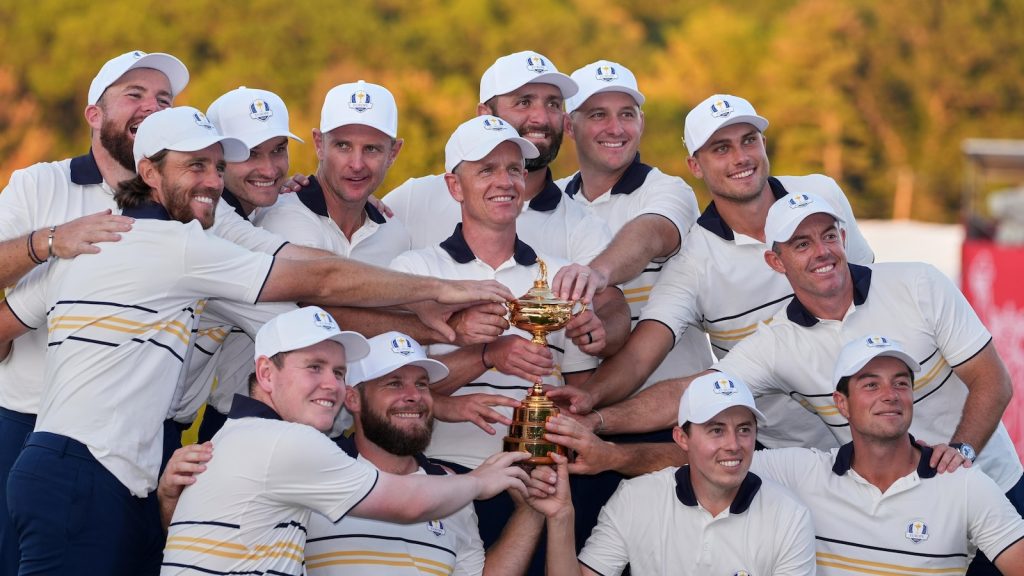The American Ryder Cup Challenges
The most positive update from the American camp since losing the Ryder Cup to Europe is the absence of calls for a new task force.
A Complicated Path Forward
The journey ahead is as uncertain as it was after leaving Scotland in 2014. Indiana’s club pro, Ted Bishop, the then-president of the PGA of America, made the influential decision to appoint Tom Watson as captain for the matches at Gleneagles. This choice, however, ended disastrously, resulting not only in another loss but also in a notably uncomfortable critique of the captain from Phil Mickelson.
The Birth of the Task Force
This incident led to the creation of the highly regarded task force. Mickelson expressed considerable optimism five months post-implementation, saying, “We are not just looking forward to 2016… but also laying a foundation and a roadmap for future continuity and success.”
Mixed Success for the Americans
Since then, the U.S. team has claimed victory in two of the five Ryder Cups—a significant improvement considering they had only won twice in the previous decade. Yet, the idea of continuity seems largely the domain of Europe, who not only retains the Ryder Cup but has effectively dominated it.
Changes to Leadership
The task force, officially known as the PGA of America Ryder Cup Task Force, was disbanded in 2015, transitioning to a Ryder Cup committee composed of three PGA Tour players and three PGA of America executives. The system dictates that the previous captain’s replacement becomes his successor on the committee, with Keegan Bradley currently in and Zach Johnson out.
The PGA of America’s Role
The PGA of America, with its 31,000 club professionals, plays a crucial role in American golf without direct interaction with players except during the PGA Championship. Oddly, the president, Don Rea Jr., recently implied that since every PGA Tour member is a part of the PGA of America, he represents them as well. This statement came amidst criticism related to the fan behavior at the recent Ryder Cup.
The Future of the Ryder Cup
For the Europeans, this Ryder Cup was routine; for the Americans, it’s complicated. A key figure in the Americans’ past successes is Paul Azinger, whose 2008 captaincy prompted a reformation of the Ryder Cup points system. The PGA of America has not consulted Azinger since that victory, and the issues facing them extend back to 1968, when a split led to the modern PGA Tour.
This paraphrased version maintains the core information and structure.



